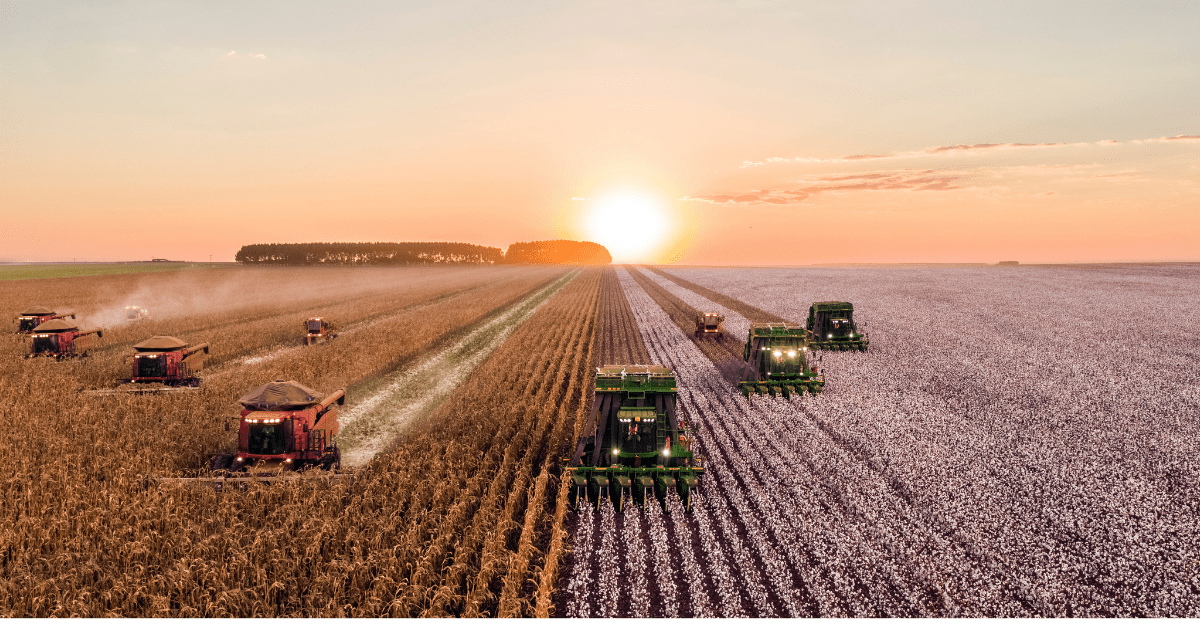The Central Committee of the Communist Party of China and the State Council published new guidelines on food safety standards on May 21, 2019. The “Opinions on Deepening Reform and Strengthening Food Safety Work” (hereinafter referred to as ‘Opinions’) provide a roadmap for improving China’s food safety risk assessment and ensure supply chain management systems are on par with international standards.
Take a look at some of our previous posts: China’s seven priority areas in economic work for 2019
Food Safety in China – A Work in Progress
Food safety has been a persistent issue in China for decades. Virtually not a month goes by without new revelations about contaminated vegetables or expired meat making headlines. From gutter oil to plastic rice and synthetic beef, the list of food scares goes on and on.
This appalling food safety record has compelled China’s central government to take appropriate regulatory measures. The rhythm of reforms especially accelerated in 2008 following the infamous melamine-tainted milk powder scandal which killed 6 babies and left 300,000 others ill. Beijing responded with the promulgation of a set of food safety regulations in 2009. Substantial revisions followed in 2015 as it enacted a new Food Safety Law, often touted as the most stringent in China’s history.
Despite China’s high-profile efforts to prevent food hazards, consumer confidence remains hard to restore. Last year, the Global Food Security Index ranked China 37th out of 113 countries in terms of food quality and safety. Nonetheless, regular legal updates to the Food Safety Law indicate that food safety is high on the government’s priority agenda and we can only expect the number of food scandals to decrease in coming years.
Keep reading as we go through some of the latest guidelines unveiled by Chinese authorities regarding food safety.
4 Acts of ‘Strictness’
The Opinions emphasize the necessity to implement the “strictest” measures (四个最严) to ensure food and drug safety. These include:
Setting rigorous standards
China will increase the maximum residue limit for pesticides and veterinary drugs to 10,000 by 2020 in a bid to align with the World Health Organization’s standards. Authorities also aim to create a corporate public commitment system whilst tightening up controls on the actual implementation of food safety standards.
Implementing strict supervision
According to the new guidelines, strict controls should be applied across the entire supply chain, from storage and food processing to delivery. There will be increased scrutiny on the use of food additives, especially for infant formula. Authorities also point out the responsibility of online food delivery platforms in ensuring the quality of registered restaurants’ offerings. In addition, the Opinions provide for the acceleration of the crackdown on so-called “dark kitchens” (unlicensed ‘restaurants’ operating without a physical store).
Applying severe sanctions
Authorities commit to accelerate efforts in judicial interpretations of criminal cases involving food safety violations and increase the cost of infringement to deter illegal acts.
Adhering to strict accountability measures
The final priority for Beijing is to strengthen supervision over food safety at a local level.
In a landmark set of guidelines unveiled in February this year, China’s State Administration of Market Regulation specified the role and responsibilities of party officials in ensuring food safety within their administration. Specifically, Beijing will assess local official based on how actively they promote food safety compliance. Conversely, failure to properly handle food safety incidents or concealing deficiencies will be severely punished.
On top of that, State regulators also expressed their willingness to establish a unified traceability platform for edible agricultural products. They encourage the voluntary purchase of product liability insurance by meat, egg, milk and liquor producers, cafeterias, rural dining centers, bulk food distribution units, and catering businesses.
Mid-term goals
The Opinions call for the implementation of a set of policies aiming to equip China with state-of-the-art food safety standards. These are detailed below:
- Eliminate another 10 highly toxic pesticides from use within five years.
- Strive to significantly upgrade the quality, competitiveness and reputation of domestic infant formula milk powder within three years.
- Strengthen food safety controls over school cafeterias and perform regular checks of the sanitary conditions school canteens. The guidelines also underline that school principals will now be held responsible for any damage caused by group food poisoning. Since the beginning of the year, Chinese authorities tightened up food safety regulations following a host of incidents in kindergartens and high schools across the country.
- Intensify food safety controls in rural areas, crack down on counterfeit substandard and expired food and establish a standardized food distribution and supply system within the next 2/3 years.
- Encourage restaurants to use environmentally friendly containers and cutlery for takeout food.
- By 2020, the pass rate for major food products quality and safety tests should reach 97%, while the pass rate for spot checks should reach 98%.
Need advice on setting up your China business? Get in touch with our team for a consultation and follow us on social media to receive the latest news.
Our experienced team has the necessary expertise and the know-how to support you with your business – have a look at the services we offer.
Also, don’t forget to follow us on social media to receive all the latest updates!
See how much salary you receive after tax and check your company value without leaving WeChat!
Also, our Mini Program can estimate the salary in your industry, for your experience level and position. A huge help for salary negotiations!







